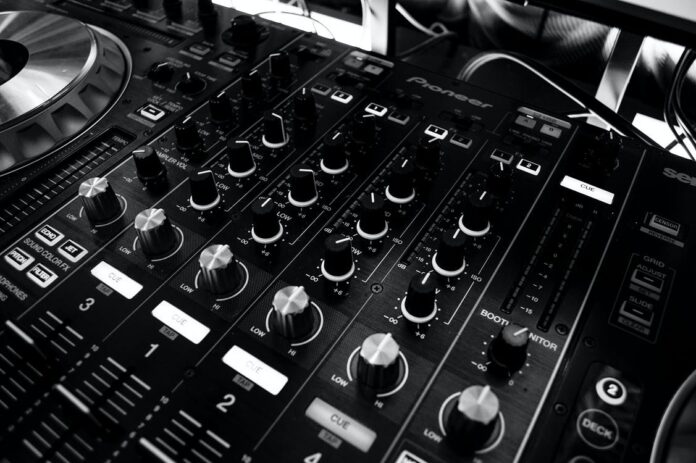The therapeutic importance of classical music has been investigated in the past. Other types of music or sound have also been studied to see whether they alleviate defects in association with neurophysical disorders. Moreover, multiple studies suggest that cognitive function can be improved by listening to classical music. However, there is no definitive interpretation of the effects.
Researchers at Monash University in Australia carried out a study to explore the effects of white noise and classical music in helping people deal with conflicting situations. However, in their findings published in Frontiers of Neuroscience, they claimed that it has no benefits specifically for cognitive functions.
Alexander J. Pascoe and his colleagues said,
To better understand how the processing of certain acoustic properties can influence conflict processing, we had a large of cohort of undergraduate students complete the Stroop colour and word test (SCWT) in three different background conditions: classical music, white noise, and silence
Because of pandemic guidelines and the necessity to run the experiment remotely, participants also completed the Wisconsin card sorting test (WCST), so that the reliability and consistency of acquired data could be assessed.
SCWT and WCST
Two different tests were completed by the sixty-seven undergraduate participants (SCWT and WCST). The tests were performed either in silence or while listening to classical music or white noise.
SCWT is used widely to assess whether a person is able to process specific stimuli when presented with conflicting attributes of stimulus. For example, naming colours of fonts, even if they spell out inconsistent colour words like green, red, and blue. Whereas, WCST measures executive functioning, which includes abstract reasoning and cognitive flexibility skills specifically. People are asked to match different cards based on an unknown rule, which changes multiple times during the experiment.
However, due to covid restrictions participants self-tested at home using SCWT and WCST tests with three acoustic conditions. They were silence with classical music or white noise. Furthermore, each of the three trials was separated by three days minimum. After which the researchers analyzed the performance of each participant.
Pascoe, along with his colleagues, explained in the paper,
We found that white noise, but not classical music increased the response time difference between congruent (low conflict) and incongruent (high conflict) trials (conflict cost), hence impairing performance
They further added,
Results from the WCST indicated that home-based data collection was reliable, replicating a performance bias reported in our previous laboratory-based experiments. Both the auditory stimuli were played at a similar intensity, thus their dissociable effects may have resulted from differing emotional responses within participants, where white noise, but not music elicited a negative response.
Findings of the Study
The findings that Pascoe and his team gathered suggest that neither classical music nor white noise improved the participants’ ability to process conflicting stimuli. Therefore, no betterment was seen in the performances through SWCT and WCST tests. Additionally, white noise negatively affected the performance of the participating students, which made processing conflicting stimuli tougher.
Pascoe and his colleagues further added,
Integrated with previous literature, our findings indicate that outside of changes in tempo and valence, classical music does not affect cognitive functions associated with conflict processing, whilst white noise impairs these functions in a manner similar to other stressors, and hence requires further research before its implementation into neuropsychiatric care
This study gives an insight into how music and white noise affect specific cognitive functions. Moreover, more studies in the future can examine and assess these effects on cognitive processes and auditory stimuli further.




